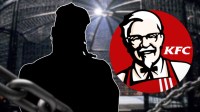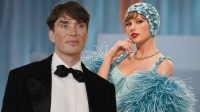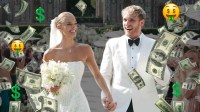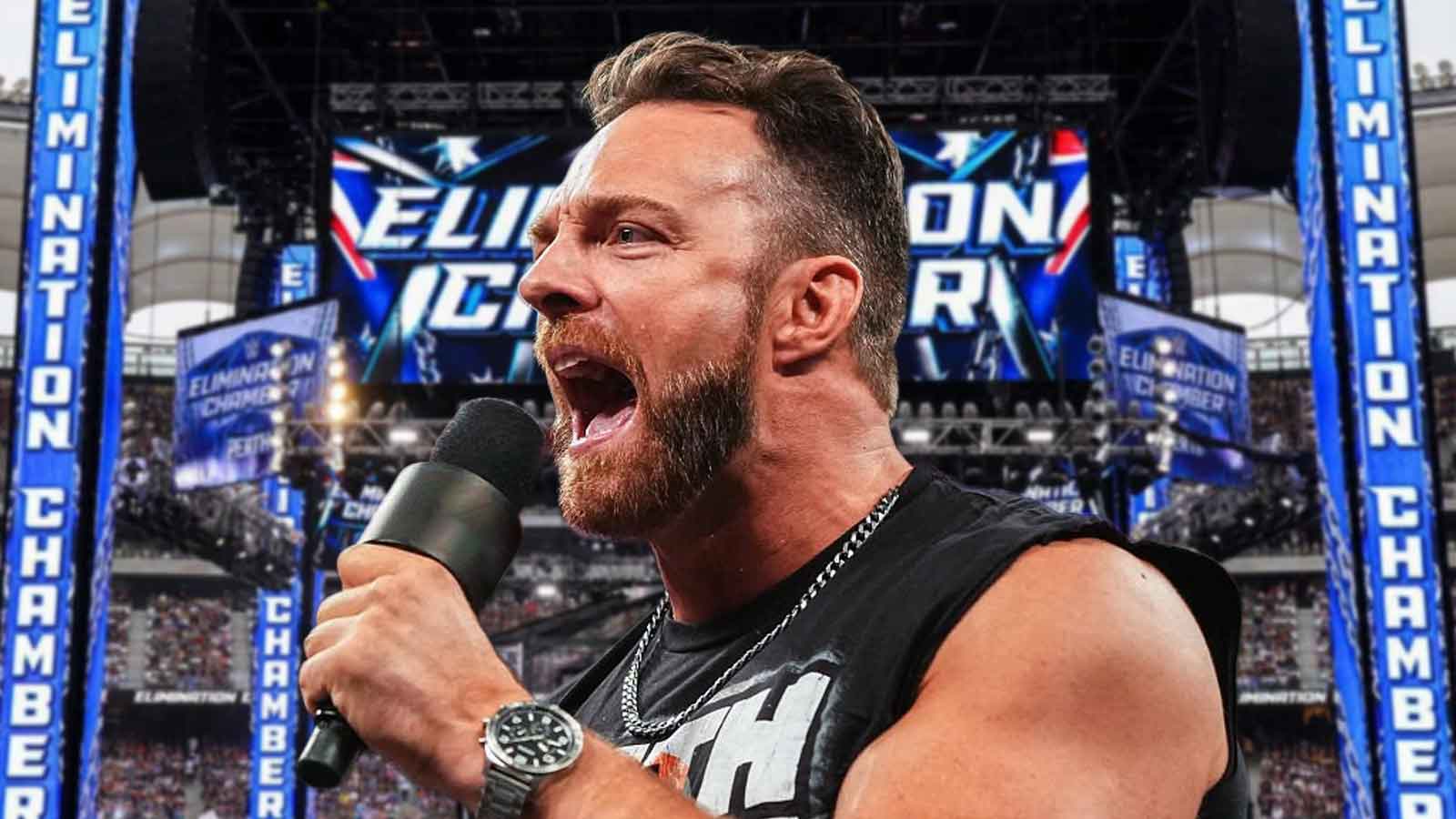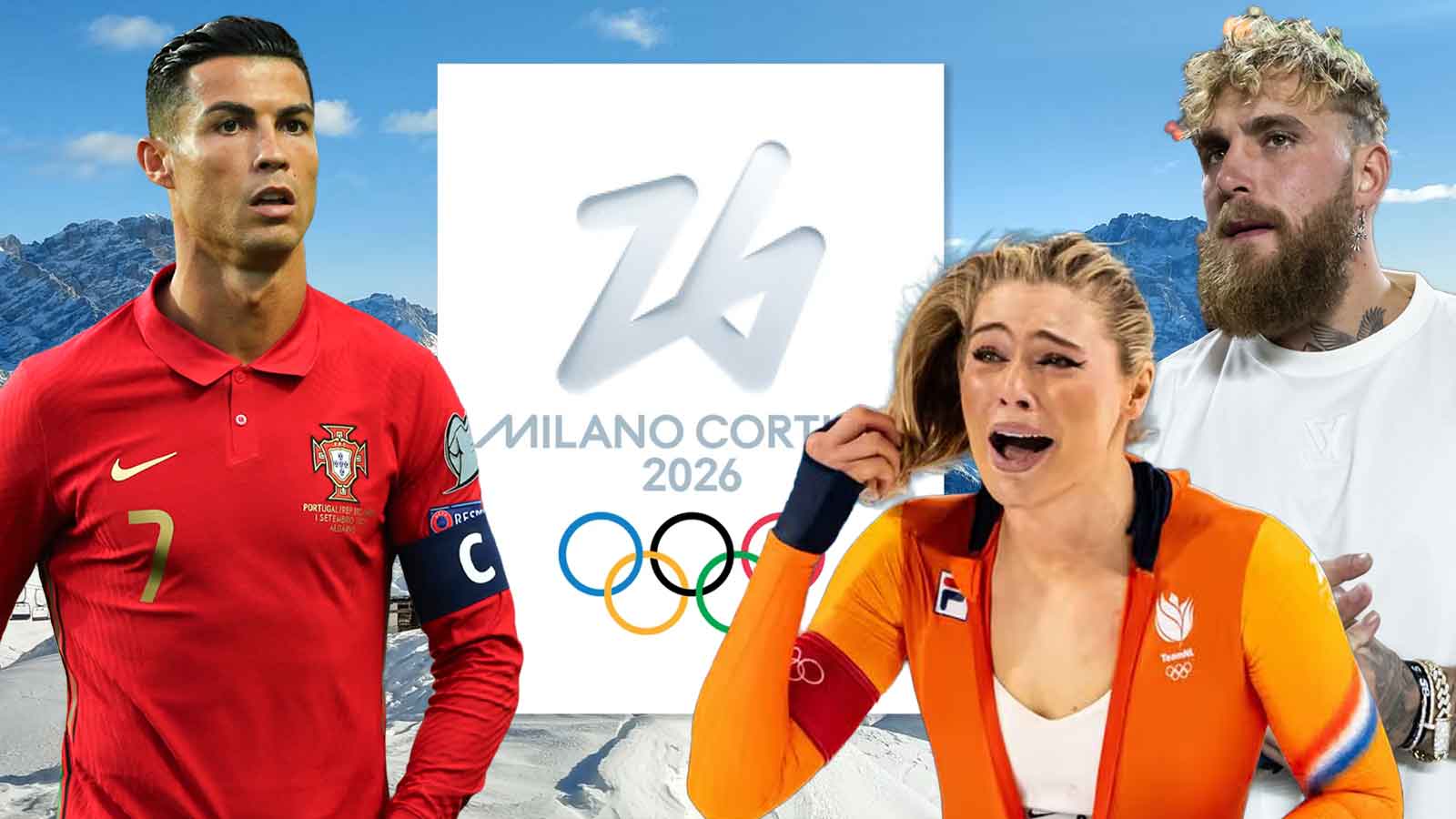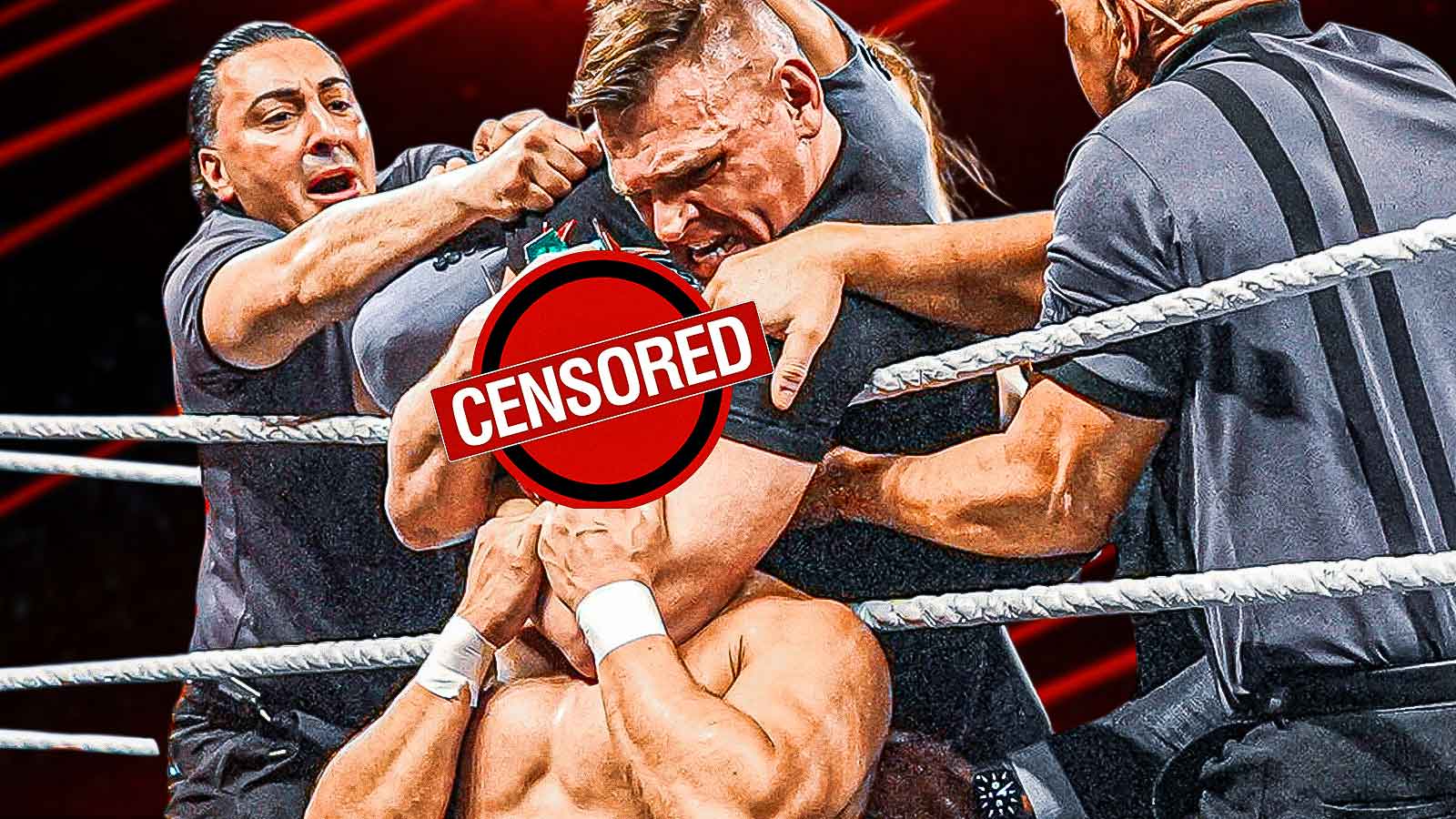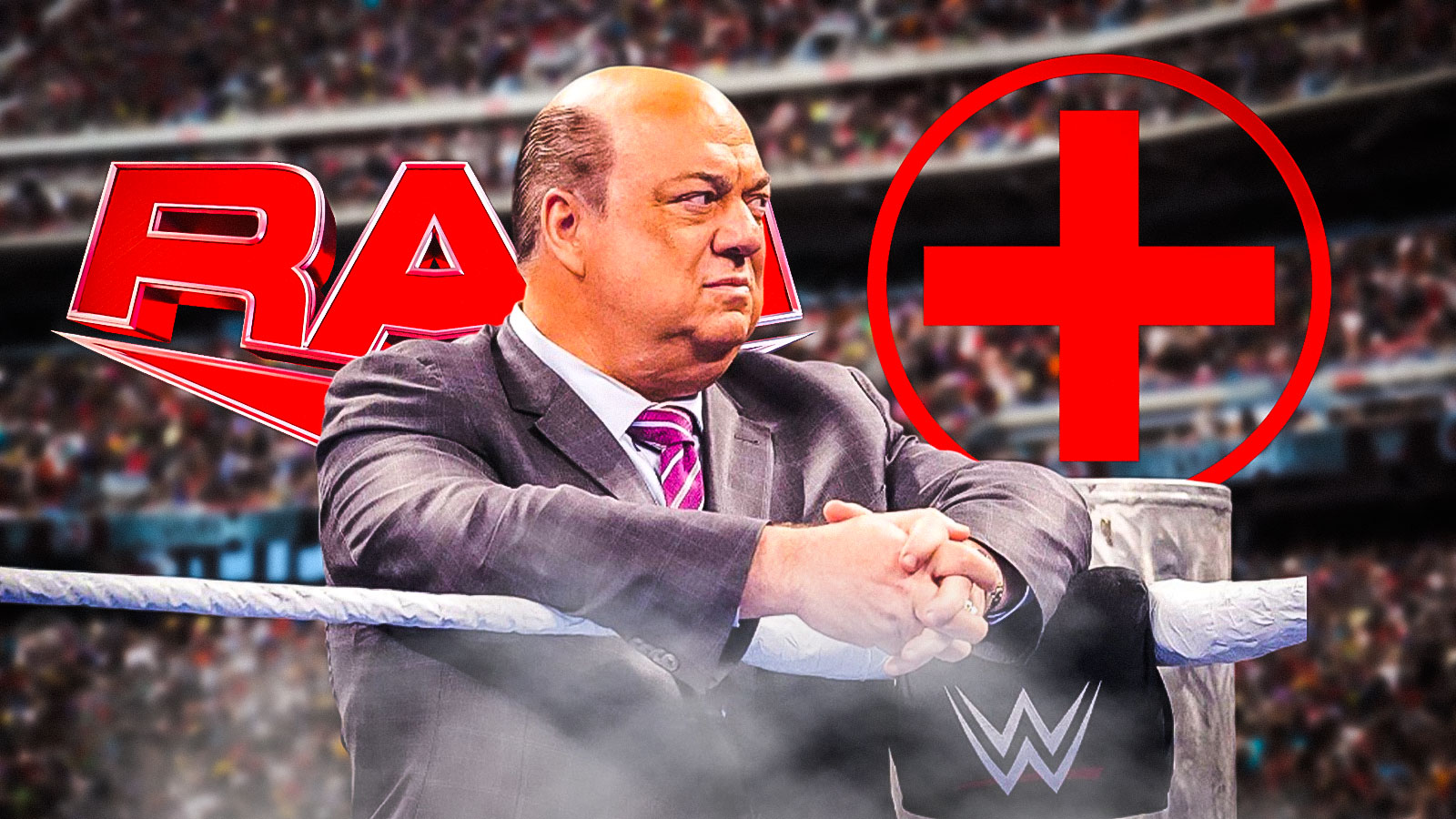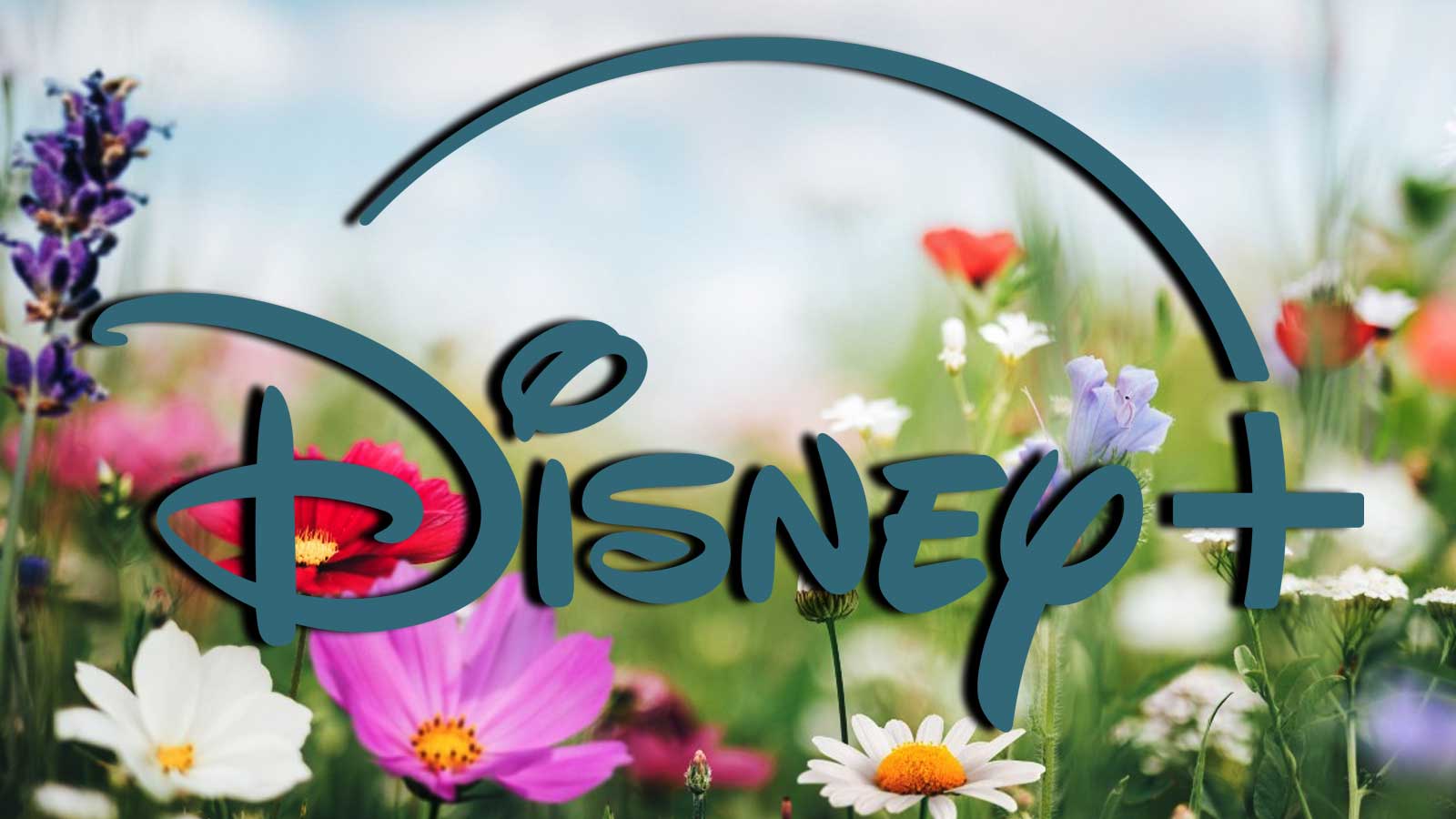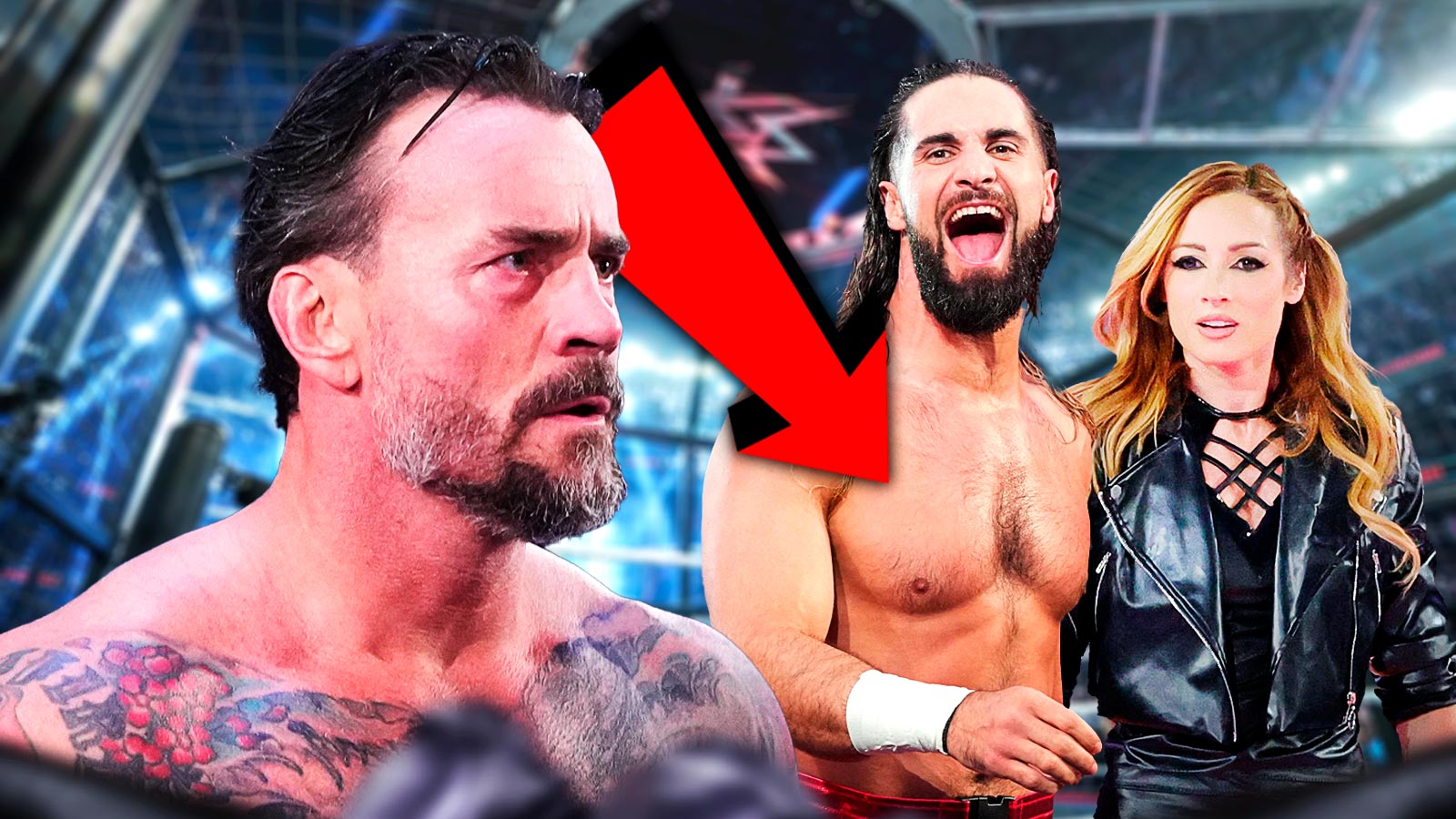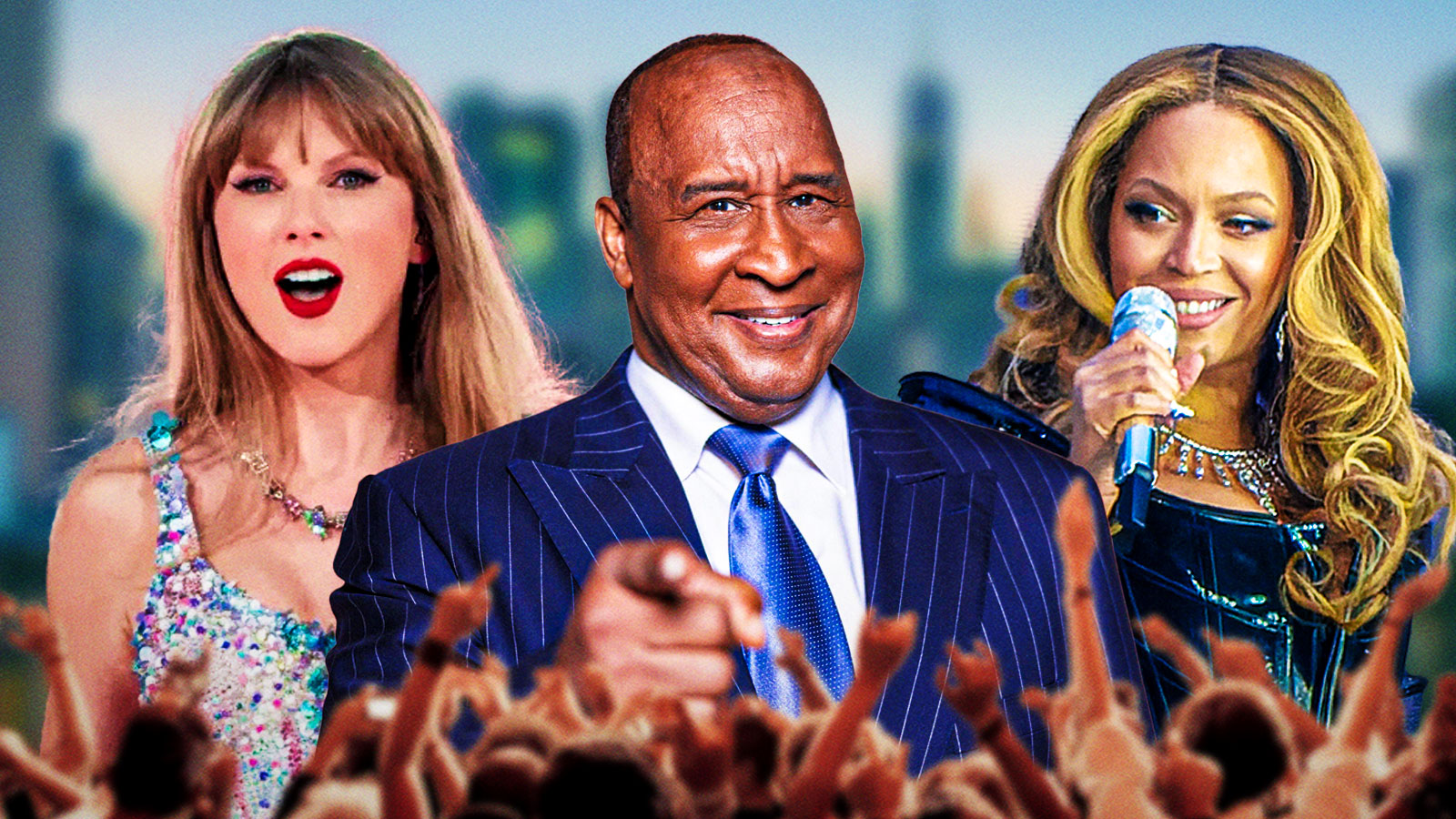Spoilers for Loki Season 2
Season two of Loki brought with it some major changes to the Marvel Cinematic Universe, none bigger than the titular god taking his throne at the heart of Marvel's ever-growing multiverse. But now that the dust has settled from the season finale, it may have left some fans wondering where the MCU goes from here?
In order to answer that question, viewers first need to understand the new role Loki has taken in the greater MCU as a result of the season two finale.
The God of Stories, Anchor of the Multiverse
Loki's 14-year journey in the MCU seemingly came to its true climax at the end of season two as he finally took the throne he had always wanted when he was younger, but not for the selfish reasons younger Loki would have had. While the Temporal Loom's destruction at the god's hands ended the need for a “sacred timeline,” it still put the existence of the multiverse at risk as the branches began to slowly die without their original source. Loki stepped in to be that source, taking He Who Remains' throne and isolating himself from everyone he loves and cares about to ensure the multiverse could survive.
Some viewers were quick to pick up on the broader similarities between the season finale, Loki's transition to the God of Stories in the comics, and one of the most obscure characters in all of Marvel Comics.
The God of Stories arc was the result of the massive multiverse reset that occurred in 2015's Secret Wars arc which saw the multiverse, as it was, destroyed and reborn with some significant changes. In it, Loki regains memories of his life before Secret Wars and sets out on a quest to redeem himself for all the wrongdoings he had committed. He then travels across the multiverse, gaining powers to manipulate time and reality, until he finally becomes strong enough to rewrite events across Marvel's multiverse up to the present moment.
Some comic-keen viewers immediately suspected season two of Loki could go down a similar route when he gained the ability to time-slip at the start of the season, though he didn't have control of it initially. By the end of the end of the fifth episode, though, he had and was capable of traveling to any point of time even within the TVA in order to learn or try and change some outcomes. It leads to his realization of a third option outside of letting Sylvie kill He Who Remains and letting reality die or keep the Kang Variant alive and kill Sylvie to preserve the sacred timeline.
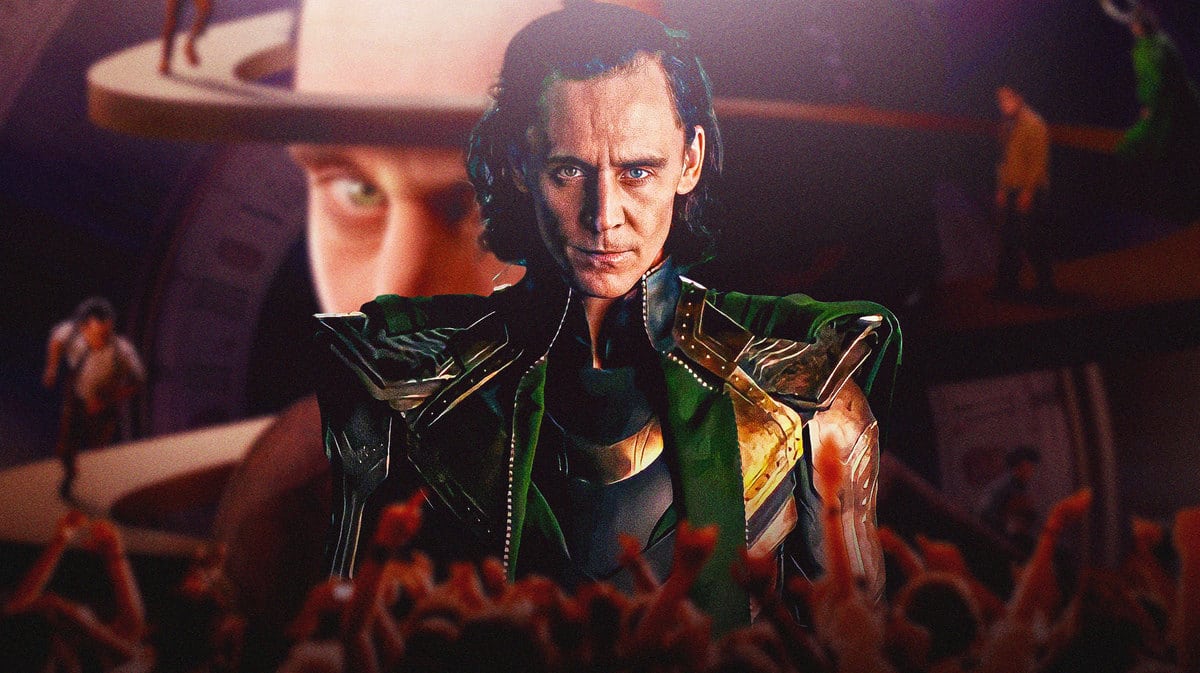
It is from this point Loki becomes a hybrid version of his God of Stories-self from the comics and the obscure character Atlez, custodian of the multiverse. The character was introduced in the 2002 Infinity Abyss limited series as the anchor of the multiverse tasked with keeping it stable. He would ultimately die and be replaced by a young girl named Atleza, who sits upon the same throne in the comics to keep the multiverse anchored and stable.
Loki is fulfilling this same purpose for the wider multiverse now, sitting along upon his new throne to anchor and keep it stable while it continues to grow in a manner resembling Yggdrasil, the Norse tree that represents all of existence. It isn't clear how much Loki can manipulate the multiverse now that he seems restricted to his multiversal throne, but it does open the doors for some interesting possibilities.
Familiar faces in a new universe
The first, and most obvious, possibility is the rapid introduction of more Marvel actors from non-Marvel Studios projects. Phases four and five have already seen plenty of familiar faces from Sony and 20th Century Fox's own Marvel films pop up across the MCU in dramatic fashion.
WandaVision teased the first possibility of this by bringing in Evan Peters to play Quicksilver, though this ended up being a red-herring after he was revealed to be a no-name actor enchanted by Agatha Harkness.
Spider-Man: No Way Home gave audiences the first true taste of what was possible with the addition of characters from across Sony's various live-action Spider-Man films. While these included multiple villains including Willem Dafoe's Green Goblin, it was the appearances of Tobey Maguire and Andrew Garfield as their respective versions of Spider-Man that got audiences excited about what could come.
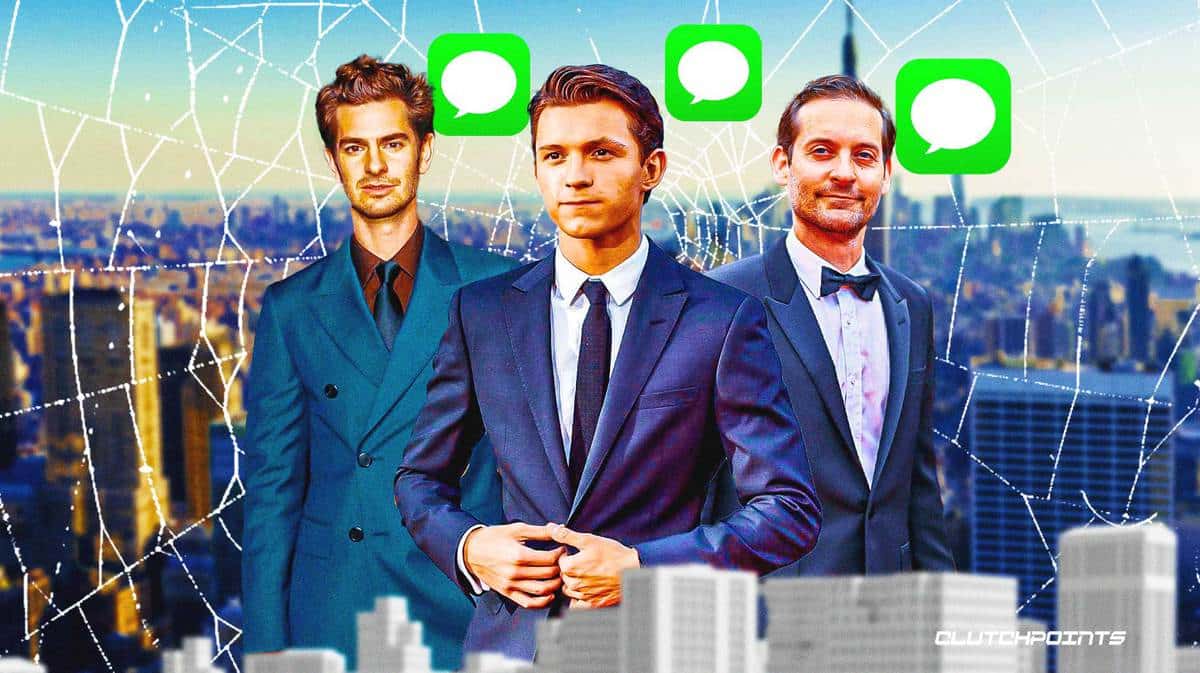
Next was Patrick Stewart reprising his role as Professor Charles Xavier in Doctor Strange in the Multiverse of Madness, though it was not the exact version he played in the Fox X-Men films. His appearance and musical cue in the film was, instead, more influenced by Xavier's design from the popular 1990s X-Men cartoon.
The Marvels continued the trend with Kelsey Grammer's appearance in one of the film's post-credits scenes as Hank McCoy, better known as Beast from the X-Men.
There are more crossovers already planned, as well, with the most prominent being 2024's Deadpool 3 which will see Ryan Reynolds make the jump from Fox's X-Men universe to the MCU. He won't be alone, either, as Hugh Jackman will be making his long-requested debut as Wolverine inside the MCU in what has been described as a multiverse road trip. Jennifer Garner is also set to reprise her role as Elektra from 2003's Daredevil and 2005's Elektra for Deadpool 3, as well.
Given all these crossovers, it is possible Marvel Studios is teeing audiences up for what they can expect in Avengers: The Kang Dynasty and Avengers: Secret Wars. The 2015 Secret Wars arc, in particular, saw multiple realities crashed together and involved multiple versions of the same character before Marvel Comics reduced everything down to a single universe occupied by heroes from across the previous multiverse.
Kang's end?
The next possibility, which may be reliant on how real-world issues are resolved, is the future of Kang in the MCU.
When audiences were introduced to He Who Remains in Loki season one, it was the first glimpse at the proverbial “big bad” for the MCU's Multiverse Saga – Kang the Conqueror. The variant of Kang explained the danger he and his variants posed, warning of a war among these Kang variants that could possibly destroy the entire multiverse. A threat audiences then got their next look at in Ant-Man and the Wasp: Quantumania when the titular heroes fought a variant of Kang exiled to the Quantum Realm and where then introduced to the Council of Kangs in the film's post-credits scene.
Kang's threat to the multiverse was going to come to a head in Kang Dynasty and Secret Wars, the latter of which will reportedly serve as a soft-reset to the MCU.
All these plans were then thrown up in the air when Kang's actor Jonathan Majors was arrested in March 2023 for an alleged domestic dispute with his ex-girlfriend, Grace Jabbari. The actor was dropped from several agencies and high-profile projects in the following months while any finished films set to release near the end of 2023 were removed from studios' calendars. Marvel Studios, however, did not drop the actor and has instead waited to see how Majors' legal issues unfold before making a decision about his and Kang's futures.
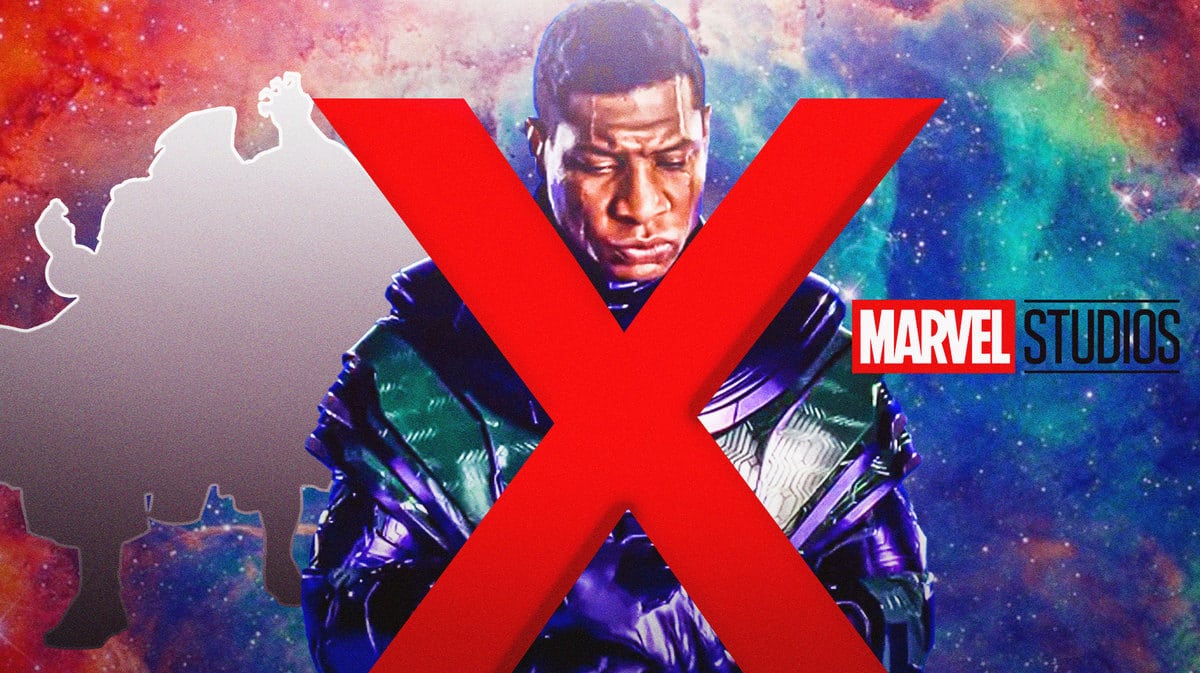
Majors' pending trial date, though, was seemingly enough for Marvel to start reportedly drawing up contingency plans to replace the actor and his role with a new villain, according to Variety. If Marvel Studios were to go this route, the conclusion of Loki season two has given them the narrative way-out they need to shift the MCU in a different direction.
Another route, if Marvel Studios wished to continue with Kang but wanted to drop Majors, would simply be recasting the character. It wouldn't be the first time the studio has done this, the most noteworthy being Mark Ruffalo replacing Edward Norton as The Hulk. There were reported creative disputes between Norton and the studio while filming 2008's Incredible Hulk, leading to the hero being recast for his next appearance in The Avengers. Ruffalo would go on to portray the character regularly in the MCU, last appearing in 2022's She-Hulk: Attorney at Law.
Is the MCU's Doom coming?
As for the reported back-up plans, the villain Marvel Studios was said to be considering is one of Marvel Comics' most iconic villains – Doctor Doom. The introduction of Victor Von Doom as the new “big bad” of the Multiverse Saga would likely require some major reworks to whatever plans Marvel Studios may have in place for some of its bigger projects, but it wouldn't be impossible.
The biggest piece working in the studio's favor is the upcoming Fantastic Four film that will bring Marvel's first family into the MCU, proper. Doom has been tied to the team since his first appearance in 1962's Fantastic Four #5, serving as one of their most personal and recurring villains in the following decades. However, Doom has also been a threat to the larger comic multiverse during that time either on his own or as leader of teams like the Masters of Evil.
It would not be surprising if, given the upcoming Fantastic Four film, the studio already had plans to sprinkle in members of what will be the primary version of the team and their archenemy beforehand.
Mister Fantastic has already appeared in the MCU as part of Doctor Strange in the Multiverse of Madness, played by John Krasinki. This version of Mister Fantastic was part of his universe's primary superhero team, The Illuminati, before being killed by the Scarlet Witch. While some fans hoped Krasinski would be brought back for the standalone film, reports have suggested a different actor could end up playing the hero in the main MCU timeline.
Doctor Doom, however, has not been referenced in any manner as of The Marvels' release and would somehow need to be retrofitted into the Multiverse Saga. He could easily be introduced as a major threat to the Earth-bound heroes in the primary MCU timeline, working as a background player manipulating events of various films and series before things came to a head in an Avengers film.
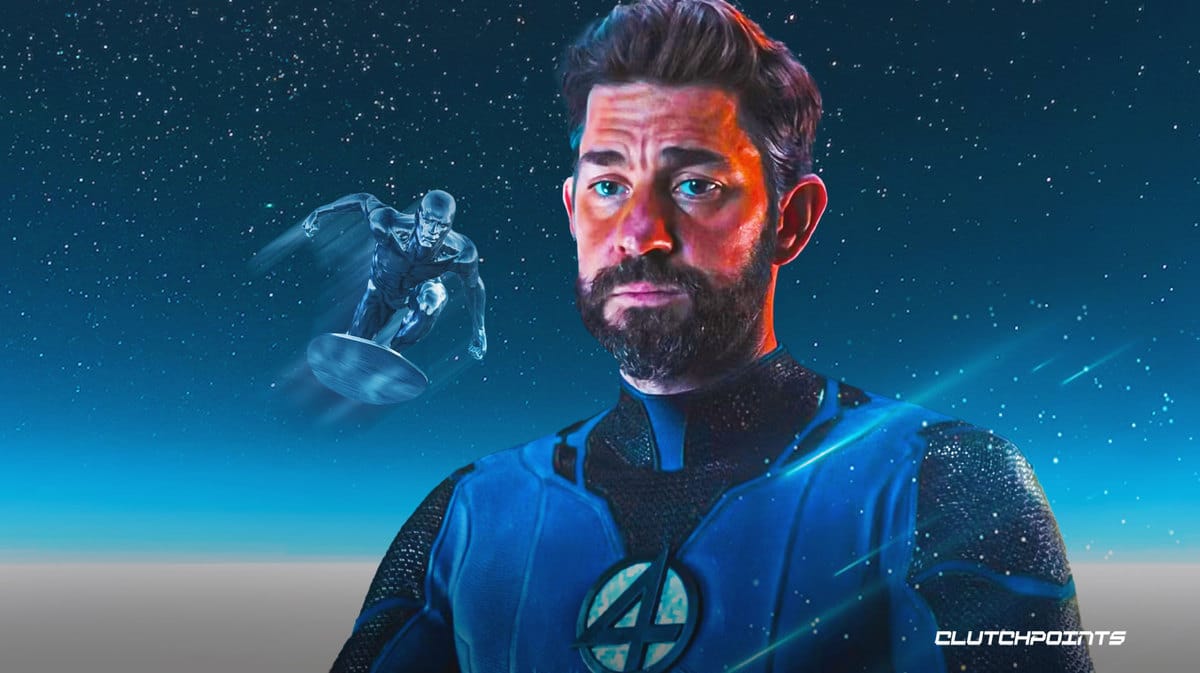
The issue would arise when trying to work Doom into the larger, multiverse-scale story that the MCU is building toward. He served as the primary villain in both 1984's and 2015's Secret Wars arcs, so there is history to work with. However, the issue would arise when finding ways to coherently adapt everything needed to make it work into the MCU.
In the 2015 arc, alone, Doom gains control of the Beyonder's power, creates Battleworld with the aid of Doctor Strange and Molecule Man, and rules over all as God Emperor Doom. Some of these elements could easily be left off the movie screen to streamline the story, such as Molecule Man and Strange's involvement, but the bigger concepts such as the Beyonder would need to be introduced sooner rather than later to ensure it fits into the grander saga before Avengers: Secret Wars.




